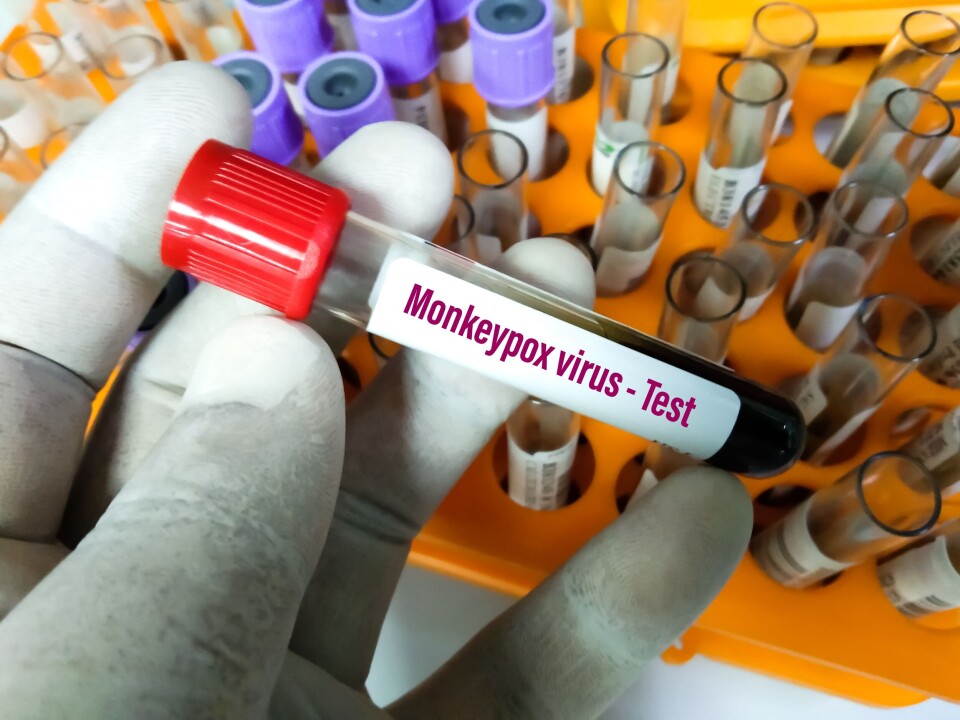-
Scam calls in France more than double in a year
Complaints about unsolicited calls are second only to those about fibre optic internet
-
‘Medical deserts’ major issue in upcoming local elections in France
Access to healthcare is now a more pressing concern than education, mayors say
-
‘Digital ID’ to be accepted at French airports this summer
Users of the France Identité app will be able to board certain flights using ID on smartphone
Monkeypox in France: 16 cases confirmed, first vaccinations received
A ‘surge’ in cases is unlikely and vaccine supplies are plentiful, say French health authorities

Some 16 cases of monkeypox have now been confirmed in France and two people found to have been in close contact with an infected person have been vaccinated.
The number of detected cases reported in the previous update on Wednesday (May 25) was seven.
Of the 16 which have now been recorded, 12 originate from Ile-de-France, one from Auvergne-Rhône-Alpes, two from Occitanie and one from Normandy, data from the public health agency Santé publique France states.
Health Minister Brigitte Bourguignon has said that France’s health authorities are not expecting a “surge” in cases and that the country has sufficient vaccine supplies to cater for the close contacts of infected people.
Last week, health service quality regulator Haute Autorité de santé recommended that adults who come into close contact with confirmed cases – including healthcare professionals – get vaccinated.
The vaccine currently being used for monkeypox is actually for smallpox, a closely related disease. The two people who have received it were vaccinated in the Hôpital Bichat in Paris.
Yesterday (May 29), the World Health Organisation said in a statement that monkeypox poses a “moderate” risk to global public health.
This assessment was based on the fact that “this is the first time that monkeypox cases and clusters are reported concurrently in widely disparate WHO geographical areas, and without known epidemiological links to non-endemic countries in West or Central Africa.”
“The public health risk could become high if this virus exploits the opportunity to establish itself as a human pathogen and spreads to groups at higher risk of severe disease such as young children and immunosuppressed persons,’’ it said.
It also observed that since smallpox vaccinations stopped being administered over 40 years ago, the proportion of the population which is susceptible to monkeypox has been growing.
Related articles
Five monkeypox cases now confirmed in France, risk remains ‘very low’
A case of monkeypox virus reported in Paris area, the first in France
























